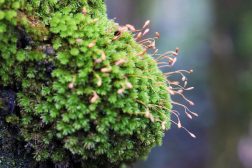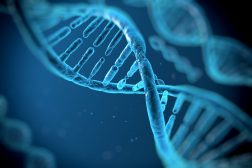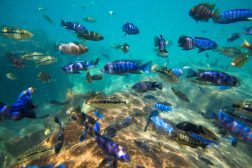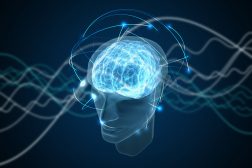putrefaction
1. The act or the process of putrefying; the offensive decay of albuminous or other matter.
Putrefaction is a complex phenomenon involving a multiplicity of chemical reactions, always accompanied by, and without doubt caused by, bacteria and vibriones; hence, putrefaction is a form of fermentation, and is sometimes called putrefaction fermentative. Putrefaction is not possible under conditions that preclude the development of living organisms. Many of the products of putrefaction are powerful poisons, and are called cadaveric poisons, or ptomaines.
2. The condition of being putrefied; also, that which putrefied. Putrefaction’s breath.
Origin: L. Putrefactio: cf. F. Putrefaction. See Putrefy.
Decay usually accompanied by an offensive odor.(biology) decaying caused by bacterial or fungal action.The decomposition of a protein.
Dictionary > Putrefaction
You will also like...

Meiosis and Alternation of Generations
Plants are characterized by having alternation of generations in their life cycles. This tutorial is a review of plant m..

Community Patterns
Learn about community patterns and the ecological factors influencing these patterns. Revisit some of the ecosystems you..

Genetic Control – On and Off Genes
Genes are the blueprint of our bodies, a blueprint that creates a variety of proteins essential to any organism's surviv..

The Hominids
The hominid family diversified from the apes around 6 to 8 million years ago. Since then, the evolutionary path has prov..

Still Water Animals
Animals living in aquatic habitats have diversified and evolved through time. They eventually occupy ecological niches a..

Consciousness and Behavior
Human consciousness and behavior are an interesting topic since they are determined and controlled by the brain. Conscio..

